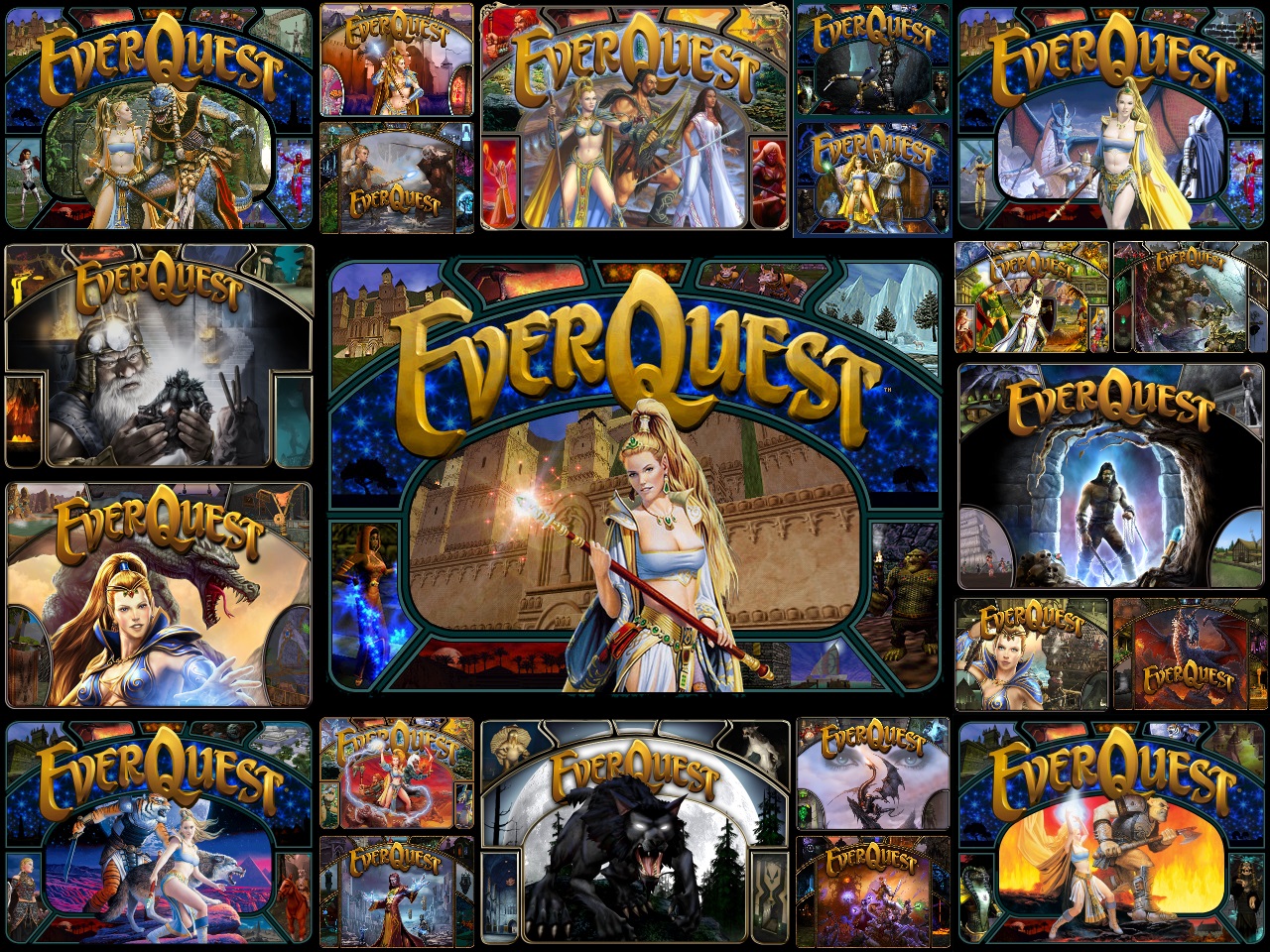I remember when I first went online as the representative of a big company. It was 2001, and I was working in the digital division of Lego, the world’s largest producer of plastic toy bricks. Before I’d gotten three posts into talking with Lego fans in online forums, I was called in to talk to the head of our whole division — not because I’d done anything wrong, but to get advice on being myself while also representing the company, as well as expressing disagreement or pushing back on misapplied expectations without losing my cool. To be clear, it wasn’t remotely part of my job description to do public relations or be a spokesperson, even though I had six years of experience with online community management in smaller-scale contexts. My job was producing websites and web games based on the latest Lego toys, but I was willing to use some of my spare time to reach out and talk to fans.
In the years since, as the internet has become a larger part of everyone’s lives, more and more developers in the game industry have done what I did: take a moment to communicate with fans and players. But as the debacle surrounding ArenaNet’s firing of Jessica Price shows, developers in 2018 don’t necessarily get the support needed to engage with players online; it’s far too easy for their employers to consider this kind of extra work an afterthought, abandoning developers completely or throwing them to the wolves when trouble erupts.

Unlock premium content and VIP community perks with GB M A X!
Join now to enjoy our free and premium membership perks.
![]()

![]()